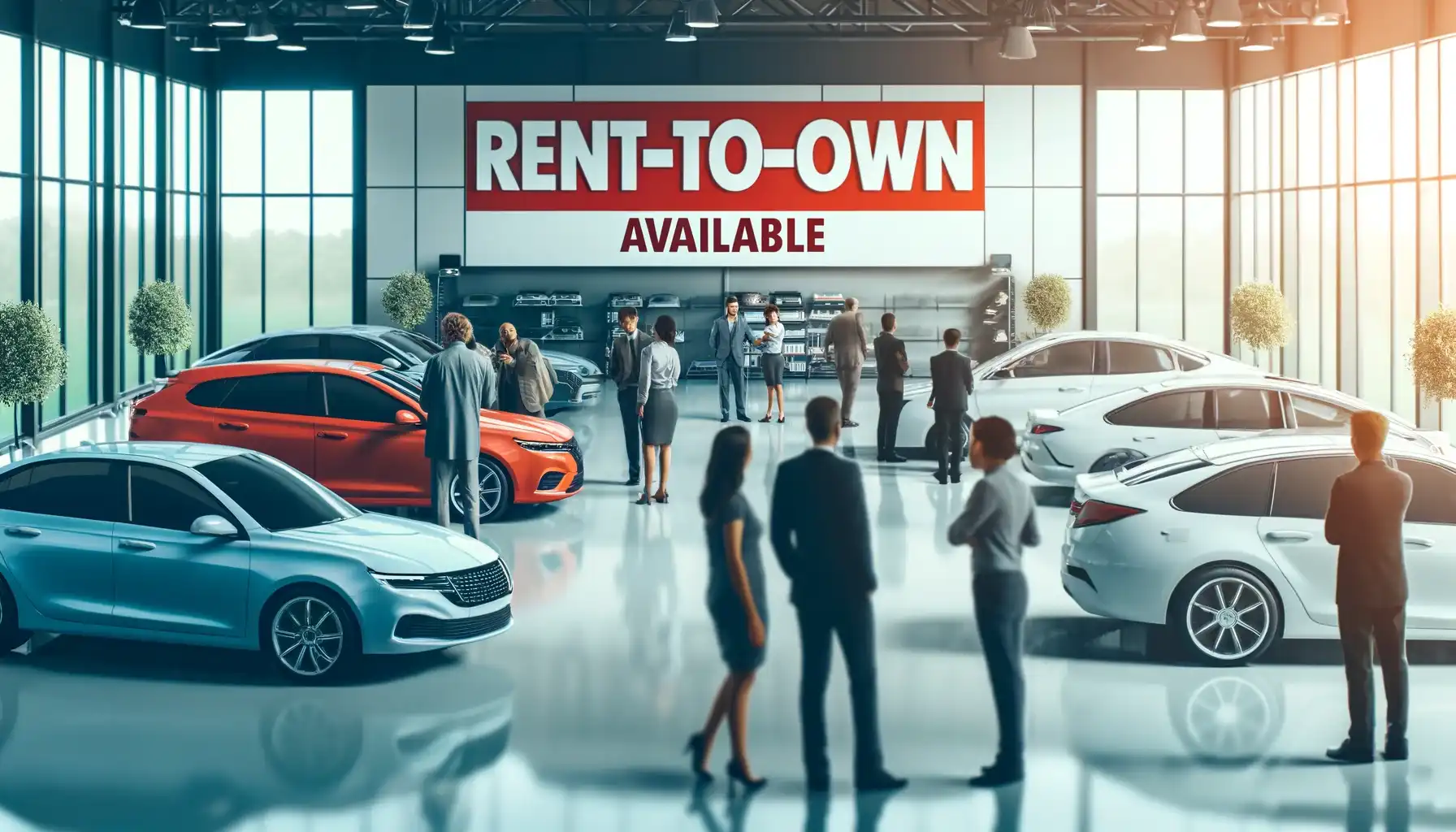
Beginning Your Rent-to-Own Journey, A Five-Step Guide
January 16, 2024
Starting a rent-to-own (RTO) car dealership presents a lucrative opportunity, particularly due to the growing demand for alternative financing options among individuals with less-than-perfect credit. However, success in this venture requires meticulous planning, strict regulatory compliance, and a dedication to exceptional customer service. Below is a detailed guide to help you navigate the process of establishing an RTO car dealership.
1. Conduct Market and Competitive Research
Understanding the local market demand for RTO car financing and evaluating the competition are crucial first steps. Investigate the preferences and financial behaviors of your target customer base and analyze the strengths and weaknesses of existing RTO dealerships in your vicinity. This insight will guide you in choosing an optimal location for your dealership and determining the inventory and financing terms that will appeal most to your market.
2. Secure Financing and Location
Launching a dealership requires substantial capital investment for acquiring inventory, leasing facilities, and covering operational costs. Explore financing options, such as bank loans, investor partnerships, or small business grants. Once funding is secured, select a dealership location with high visibility, ease of access, and compliance with zoning regulations, ensuring it aligns with market research findings.
3. Establish Your Dealership
Setting up your dealership involves more than just securing a location and purchasing inventory. It requires assembling a skilled team, developing internal policies, and establishing business operations that comply with automotive industry standards and regulations. Obtain the necessary dealer's license, adhere to RTO-specific legal requirements, and create an infrastructure that supports efficient, customer-friendly operations.
4. Design a Customer-Focused Financing Program
Your financing program is the core of the RTO business model. Develop terms that balance profitability with customer affordability, including down payments, monthly rates, and contract lengths. Implement a robust management system for tracking payments and handling defaults, ensuring transparent and fair processes for repossession and contract termination.
5. Launch a Strategic Marketing Campaign
Effectively marketing your dealership is critical for attracting customers. Develop a marketing strategy that incorporates online and offline channels, emphasizing the unique advantages of your RTO program. Build a professional website, engage in local advertising, and foster community relationships to enhance your dealership’s reputation and customer loyalty.
Advantages of RTO Dealerships
RTO dealerships can offer a wider array of vehicles, including newer, premium models not typically available with conventional financing. This advantage allows you to cater to a diverse customer base, but it also necessitates a thorough risk assessment to manage the higher costs and maintenance of such inventory.
Structuring RTO Contracts
Craft RTO agreements with terms that balance flexibility and security. Offering options like vehicle returns or upgrades can attract customers but must be managed to minimize financial risk. Ensure contracts are clear, compliant, and aligned with your business strategy.
Conclusion
Launching an RTO car dealership is a promising venture with significant potential for profit and growth. With careful planning, adherence to regulations, and a focus on customer satisfaction, you can establish a successful RTO dealership that meets the evolving needs of the automotive market.

